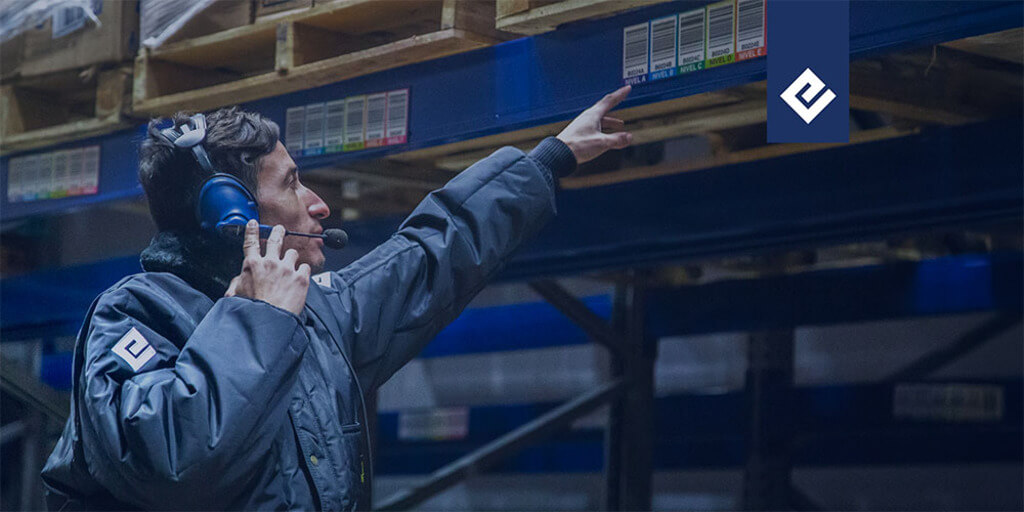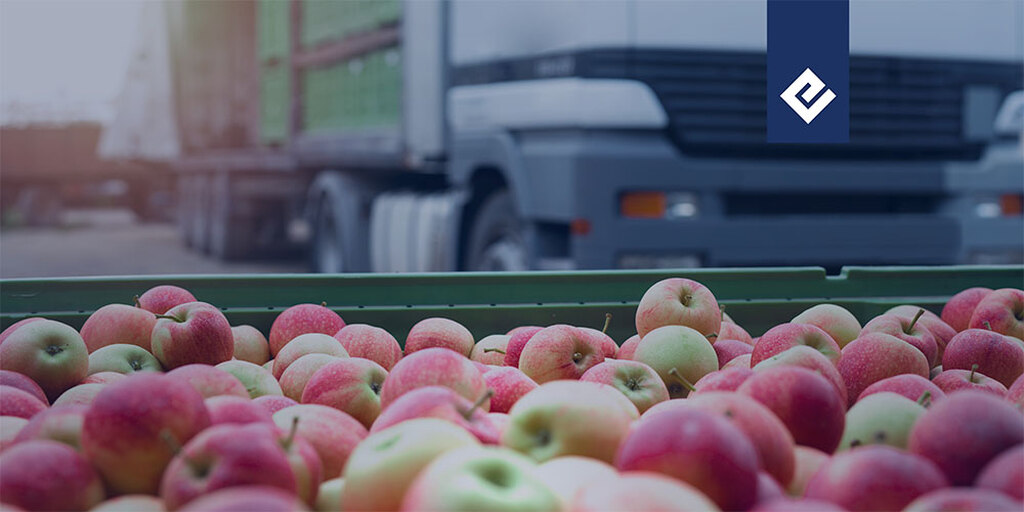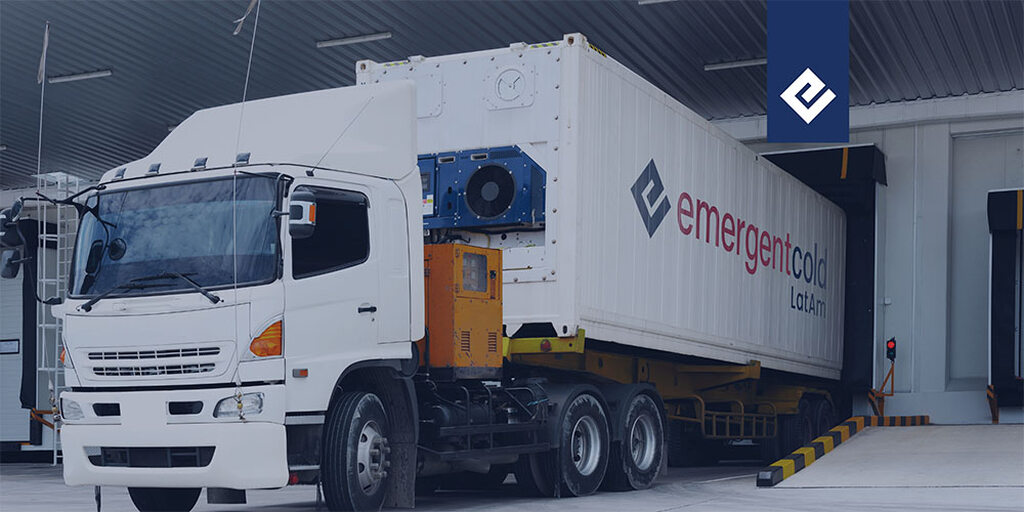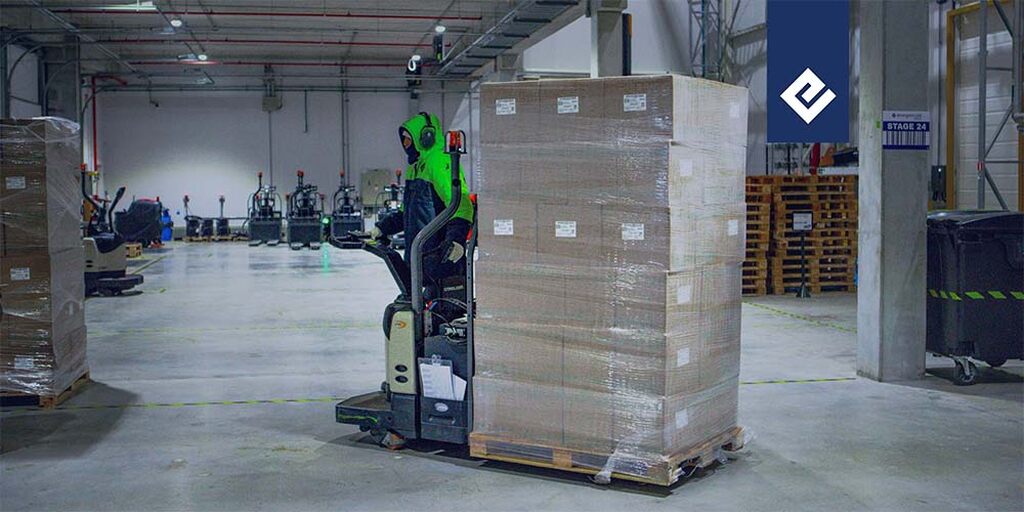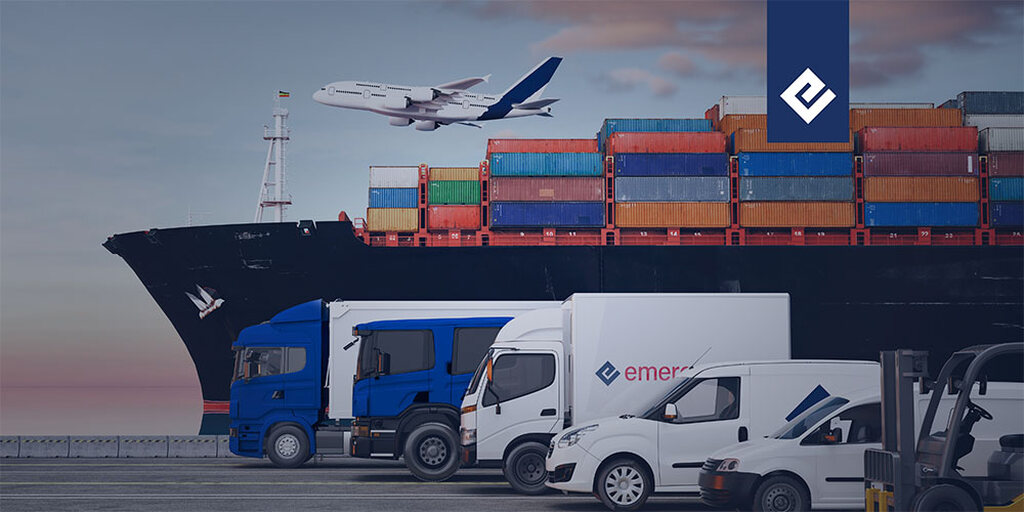Those working with import or export of perishable foods know that each stage of the logistics requires precision, control and strategy. In this scenario, there is a smart alternative that can facilitate the day to day running of the international operations and even generate savings: the customs bonded warehouse.
Understand how it works, what types are available, who can use them and, principally, how this special regime can be a competitive advantage to your company. Follow us!
What is the customs bonded warehouse?
The customs bonded warehouse is a special regime that allows importers or exporters to warehouse perishable foods, domestic or foreign, in a customs warehouse, with suspension of federal taxes.
This warehousing can take place before the load is brought into the country (with imports) or before the dispatch abroad (with exports).
During the period when the perishables are in the customs warehouse, certain taxes are not charged.
What are the types of customs bonded warehouse?
There are two main types of customs bonded warehouse, depending on the nature of the operation:
Customs bonded warehouse for imports
This enables the warehousing of perishable foods imported into customs bonded areas with controlled temperature, such as those of Emergent Cold LatAm, with suspension of taxes until the company decides to bring the products into the country or re-export them.
It is ideal for those needing to await laboratory analysis, regulatory adjustments, commercial opportunities or improved exchange rates, without compromising the integrity of the load.
Customs bonded warehouse for exports
This enables the warehousing of foods produced in Brazil before the clearance for export, guaranteeing quality control, freshness and logistical organization.
Companies that export large or broken down volumes benefit from the regime by centralizing stocks, optimizing routes and complying with customs and health requirements with greater efficiency.

Which goods can be customs bonded?
The following goods can be customs bonded:
- industrial products and raw materials;
- goods for export;
- imported products not yet brought into the country;
- items needing laboratory analysis or certification before release.
Products under the customs bonded warehouse regime must be warehoused in areas authorized by the local customs authority, with access control, 24 hour security and monitoring systems.
These areas may be public or private:
- public customs bonded warehouse — despite the public name, this may also be operated by a private company, although it attends to any operator company involved with import or export operations;
- private customs bonded warehouse — operated by private companies, such as Emergent Cold LatAm. These attend to specific clients alone and may offer more specialized infrastructure, which are ideal for segments such as perishable foods.
What are the principal advantages of the customs bonded warehouse?
Adopting a customs bonded warehouse may entail a series of logistical and financial benefits to the companies, the principal ones being:
1. Suspension of payment of taxes
One of the biggest advantages of the customs bonded warehouse is the temporary suspension of taxes such as II, IPI, PIS, Cofins and ICMS. This suspension remains in effect as long as the goods are stored in the customs warehouse, whether for import or export.
This means that the company doesn’t have to pay out on taxes immediately, avoiding impact on the cash flow and enabling more time to decide whether to bring it into the country or to re-export the load, especially useful when there is variation of exchange rates.
2. Cash flow optimization
As the taxes are paid only when the goods are brought into the country, the customs bonded warehouse enables more efficient financial planning. The company gains time to organize their finances, validate contracts of sale and even to seek better opportunities in the market.
This predictability in disbursement of large amounts contributes directly to a healthy cash flow, enabling resources to be directed to other priorities, such as buying new raw materials, the expansion of production or investment in infrastructure.
3. Flexibility in operations
The special customs regime offers an operational advantage: flexibility, whereby the company can release the load by parts, depending on the need, facilitating the logistics and the planning of stocks.
It is also possible to re-export unsold products or transfer them between customs warehouses.
This versatility is especially useful to those working with perishables (meats, vegetables, fruits, dairy etc.), which requires agility in dispatch, or for those working with sale on demand in the domestic or foreign market.
4. Reduction of costs with international warehousing
Keeping goods stored at ports or in warehouses abroad can generate high costs, especially when there are delays or a wait for commercial release.
With a customs bonded warehouse, it is possible to transfer this load to Brazil in a bonded structure, reducing the expenses with international warehousing significantly. Furthermore, the proximity to the final point of distribution reduces the transit time, avoiding deterioration of perishable foods and speeding up logistics decisions.
5. Facility for exporting companies
Companies exporting domestic products or ones being brought into the country also benefit from customs bonded warehousing, as the regime allows the accumulation and organization of the load in national territory before final dispatch abroad.
This is especially advantageous for partial load exports or those in large volumes, as it facilitates the stock control, the grouping of orders and the fulfillment of international schedules. The structure of customs warehouses also guarantees safety and customs control until the time of being shipped.
How does the logistics management work with customs bonded warehouses?
To work well, the logistics of customs bonded warehouses requires rigorous documentation control, trackability of products, a customs management system and integration with transport and dispatch customs agents.
In this scenario, technology, experience in foreign trade and compliance with the Federal Revenue Service are fundamental. Having a logistics partner with the specialized customs bonded structure is the best way to guarantee efficiency, agility and security in this process.
How can Emergent Cold LatAm help?
Emergent Cold LatAm provides integrated solutions in warehousing and transport with controlled temperature, which is ideal for companies in the perishable foods sector depending on high reliability logistics.
With modern authorized customs bonded areas for operation as customs warehouses, we are able to offer:
- guaranteed secure warehousing with controlled temperatures;
- use of advanced tracking and inventory management systems;
- a team experienced in customs and logistics processes;
- customized consultancy for importers and importers;
Furthermore, it is worth emphasizing that we are compliant with the Federal Revenue Service and national and international regulatory bodies.
Our whole structure is prepared to reduce costs, avoid waste and improve the agility of foreign trade operations.

Conclusion
Customs bonded warehouses are a powerful tool for companies looking to gain a competitive edge in foreign trade.
By suspending taxes and offering flexibility in the customs clearance of perishable foods, this customs regime allows improved cash flow, planning with greater efficiency and reduced risk in import and export operations.
With professional logistics management and the support of modern structure such as Emergent Cold LatAm, your company can make the customs bonded warehouse a strategic differential for growth in the global market.




